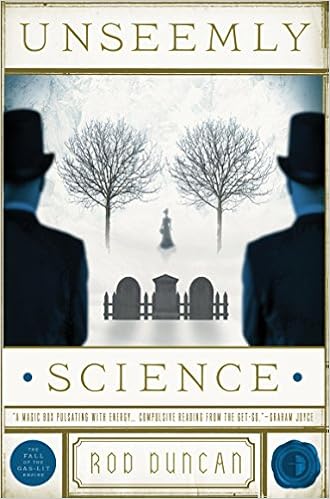29th February – four quarter days rolled into one. Some businesses will be enjoying the extra
revenue, as will the Inland Revenue, but many employees will be working an
extra day for no remuneration.
Who can be held to account for a four-year extra day, namely
29th February or a Leap Day?
Julius Caesar introduced Leap Days over two thousand years
ago in 46 B.C. The aim was to have an accurate calendar for sowing and
harvesting crops. Unfortunately it didn’t reflect how long it takes the earth
to go around the sun accurately enough and so it was replaced by Pope Gregory
XIII’s Gregorian Calendar in some European countries in 1582. Many countries
carried on using the Julian Calendar and it took three hundred years to
complete the change over with Turkey being the last country to switch as late
as the 1st January 1927. To read further on this, click here:
February is the shortest month and has twenty-eight days in
normal years and twenty-nine in leap years, but it has had thirty days twice.
In 1712 Sweden added the date to its calendar and the
Soviet Union had 30th February in 1930 and again in 1931. This was an attempt
to reduce the seven-day week to five and every month was to have thirty days.
This was abandoned in 1940, as it proved too difficult to eliminate the
tradition of Sunday rest.
Further reading on the 30th February can be found here.
Traditionally, the 29th February is the day when women are
allowed to propose to men. From Irish legend, St Brigid and St Patrick forged
an agreement to introduce a balance of the traditional roles of men and women
in the same way that leap days balance the calendar.
Leap days are also known a Bachelors' Day and should a man
refuse a proposal of marriage then he had to pay a penalty – money, a garment
or, twelve pairs of gloves. The gloves were to hide the woman’s embarrassment
of not having an engagement ring.
In Greece, it is considered unlucky to marry on a Leap Day.
The 29th February is also St Oswald’s Day. St Oswald was
the Archbishop of York and died on the 29th February 992.



.jpg)









